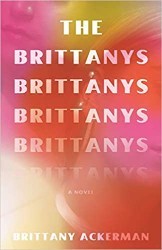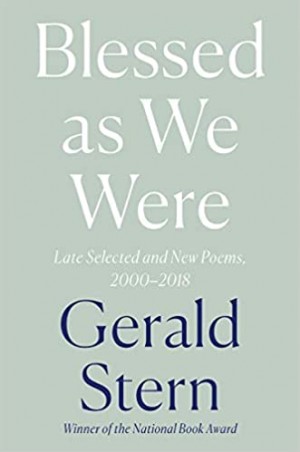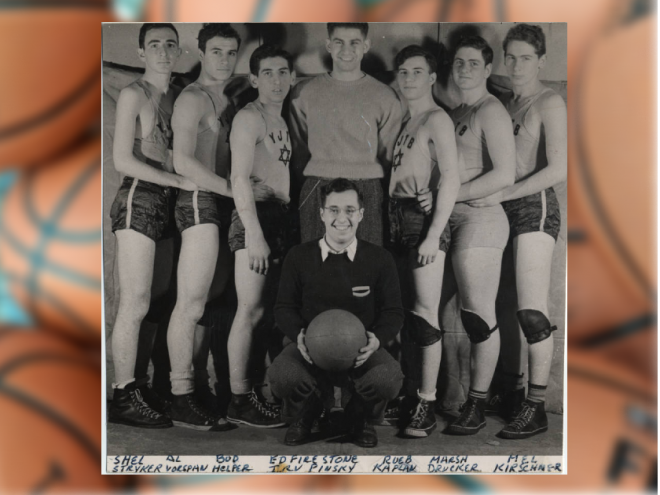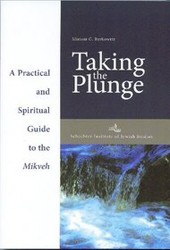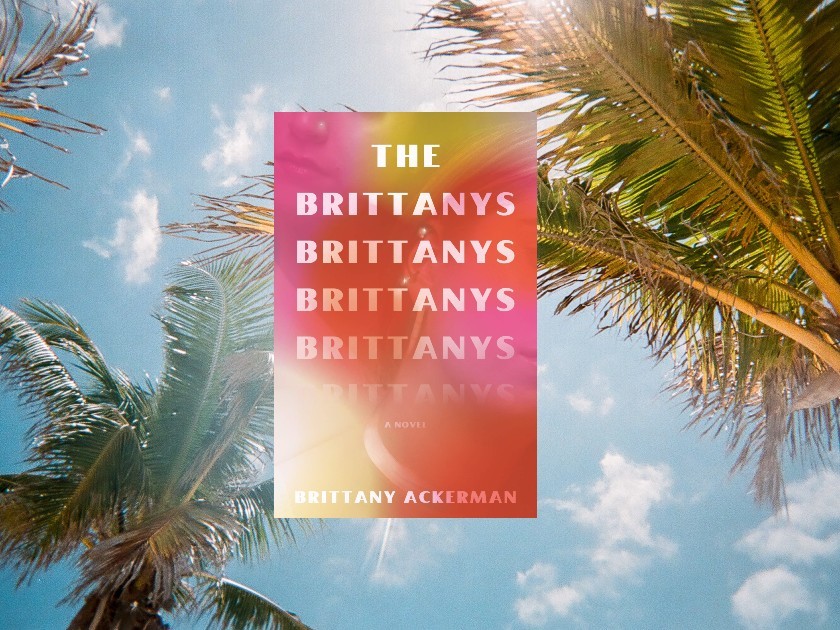
I grew up in Riverdale, New York, a very Jewish area with lots of synagogues and authentic kosher diners and bakeries. There was never a shortage of challah bread or rainbow cookies in our apartment, and I have a distinct memory of an ever-present jar of gefilte fish in the refrigerator. But then we moved to South Florida, where my debut novel is set, in the summer of 1996. I was nine.
Though South Florida is widely known as a Jewish enclave, my new school was predominantly Christian, and big on celebrating the Christian holidays. In New York, being Jewish felt normal and accepted. In Florida, my Jewishness was having to explain why I didn’t have a Christmas tree in my house; why I got eight presents on Hanukkah and lit a funny-looking candle every night; why I didn’t care about the Easter bunny; why I wore a weird star around my neck; why I couldn’t eat a cheeseburger without getting sick; why I didn’t go to church, even for special occasions. I never got to be proud of my Jewishness. I was never able to be myself because so much time was spent apologizing or explaining, or simply leaning into this other, new way of life.
I remember walking around the mall during the holiday season and seeing the excitement surrounding Santa and the huge tree. Then, a little past the food court and right by the exit, there was a menorah. Although it was four feet tall, it drew no crowd, no attention, no enthusiasm. It was enclosed in a little fence so you couldn’t even get close to it, and I recall the difficulty the mall staff had with making sure each candle was lit on the appropriate day. Meanwhile, in Santa’s village, as it was called, you could sit on Santa’s lap and have your picture taken, and then you got a candy cane on your way out. You could hope that what you’d told Santa you wanted for Christmas would arrive underneath your very own tree. But you couldn’t whisper your holiday wish to the lonely menorah. You couldn’t even take a picture with it for posterity.
My grandpa remarried a Holocaust survivor, and at Grandparents’ Day in elementary school, some of the kids in my class made fun of the tattoo on her arm. What happens if you call that number? they joked. In high school, a boy told me I smelled Jewish, plugging his nose as he passed me in the hall. In college, boys wouldn’t date me or my friends because we were in a Jewish sorority: our noses too big, our hair too curly, our voices too shrill for them to handle. In my adult life, a boyfriend called me the “K” word in an argument and never apologized for it, letting the word fill the room and space between us.
I never got to be proud of my Jewishness. I was never able to be myself because so much time was spent apologizing or explaining, or simply leaning into this other, new way of life.
Judaism has permeated all areas of my life, especially my writing. The word “Jew” appears only twice in my 272-page novel, The Brittanys; once in the second chapter and again in the ninth. Both times, the word is used by the narrator to contrast herself to her best friend, who is Christian. Yet Jewish-ness and the cultural aspects of Judaism fill its pages. This reflects my Jewish experience, which so often involved remaining quietly off to the side, being different. The narrator of The Brittanys is fourteen years old at the start of the novel, an age when one is often looking outward for a sense of belonging. She seeks acceptance from her mother, her friends, and boys at school. She has trouble looking within and finding herself — her true self — and being that.
When I was my book’s narrator’s age, I had been to Israel only once, for my brother’s bar mitzvah, when I was eight years old (which I wrote about in my memoir The Perpetual Motion Machine). I spent most of the time squinting at the sun and asking for chocolate ice cream bars from our hotel. When I was twenty-four, I took another, more meaningful trip to Israel with Birthright. The idea of Birthright is to make young Jews fall in love with the beauty and nature of Israel; to educate them; to show them our roots and host them in the land of our people; to make them feel at home. Well, it worked. Birthright was one of the best trips of my life. I had just gotten out of a terrible relationship and was grateful simply to be out of the country. I didn’t know anyone on the trip, but by the end of the ten days, no matter who I sat next to on bus rides or who I talked to over campfires or on our long, meandering hikes, I found friends. I felt warmth — not the desert heat in June, but the warmth of a people who understood and accepted me. There was no explaining, no discomfort. I could just be myself.
When I turned twenty-five, I asked some friends and family to attend my mikvah ceremony, a recommitment to Judaism. It was a promise to dedicate my life to the Jewish traditions, to honor them in the truest way I could. There was no local mikvah, so my rabbi escorted our small group to the nearest, largest body of water — the ocean, where I said a prayer aloud and dipped myself in the sea. We celebrated afterward with breakfast at 3G’s Diner in Delray Beach — a Jewish deli, of course.
The narrator of The Brittanys doesn’t bring up her religion or spirituality, but her off-centeredness speaks volumes to my experience as a young, Jewish girl growing up in the early aughts. She rides the line between the chaos of marching to the beat of her own drum and the order of following the footsteps of her peers. While she straightens her hair to a crisp, she is also praying to God to help her figure it all out. But quietly — perhaps making this her best-kept secret.
In real life, I eventually found a way to wear my Jewish identity comfortably, but the Brittany in my novel hadn’t quite gotten there yet. I have faith that she will, though, maybe even with B’ezrat HaShem.
Brittany Ackerman’s debut essay collection, The Perpetual Motion Machine, was the winner of Red Hen Press’s Nonfiction Award. She has a creative writing MFA from Florida Atlantic University, and has attended the Writing by Writers Methow Valley Workshop and the Mont Blanc Workshop in Chamonix, France, as well as a residency at the Wellstone Center in the Redwoods. The Brittanys is her first novel.
